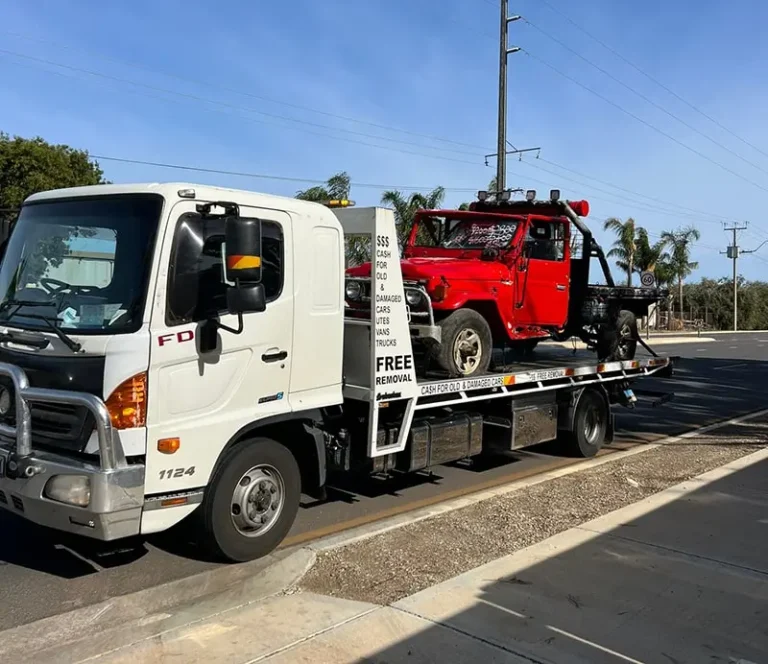Scrap vs. Sell? How to Choose the Right Used Car Buyer
When it comes to parting ways with your old vehicle, deciding between scrapping it and selling it can be a tough choice. Factors like the condition of the car, market demand, and environmental concerns all play a role in making the right decision. In this article, we’ll delve into the pros and cons of scrapping vs. selling your used car and provide guidance on choosing the right buyer.
1. Scrapping Your Car
Is your once-reliable car now collecting dust in the driveway, a constant reminder of repairs and failed inspections? Don’t despair! Instead of letting it become an eyesore, you can give your car a final act of service by either scrapping it for parts or responsibly recycling it. Both options offer distinct advantages, and the best choice depends on your car’s condition and your goals.
Scrapping Your Car for Parts:
Car scrapping involves dismantling your vehicle to recover usable parts. This is ideal for cars with a well-maintained engine, functioning transmission, or other components in good shape.
- Financial Gain: Salvage yards pay based on the weight and quality of the parts they can salvage. For cars with desirable engines, transmissions, or body panels, scrapping can yield a decent return.
- Extends a Car’s Life: By giving usable parts a second life, scrapping reduces the demand for entirely new components. This translates to a more eco-friendly approach to car repair.
- Convenience: Many scrapyards offer pick-up services, taking the hassle out of transporting your car.
2. Selling Your Car
Looking to sell your car? Whether it’s a trusty old companion or a recent upgrade, navigating the car selling process can feel overwhelming.
Understanding the Selling Approach:
Selling your car means offering it to potential buyers in its current condition. This can be a viable option if your car is:
- In good shape: If your car runs well, has a clean title, and minimal cosmetic issues, selling as-is can be a straightforward process.
- A classic or collector’s car: For enthusiasts seeking a project car or a piece of automotive history, the “as-is” condition might be part of the appeal.
Benefits of Selling:
- Convenience: It eliminates the need for repairs or extensive cleaning before listing your car.
- Faster turnaround: You might attract buyers who are ready to purchase quickly without the hassle of negotiations over repairs.
- Fair pricing: The lower asking price due to the condition reflects the buyer’s responsibility for any future repairs.
Things to Consider Before Selling:
- Lower selling price: Be prepared to accept a potentially lower selling price compared to a car in pristine condition.
- Disclosure is key: Be upfront about any known issues with the car in your ad and during interactions with potential buyers. Transparency builds trust and avoids misunderstandings.
- Attracting the right buyer: This approach might target buyers who are comfortable with potential repairs or mechanics seeking a project.
3. Condition of the Car
Knowing your car’s condition is crucial, whether you’re considering selling it, planning a road trip, or simply ensuring your daily commute is safe and reliable. A well-maintained vehicle not only fetches a better price tag but also translates into fewer breakdowns, reduced repair costs, and optimal fuel efficiency.
Key Areas to Inspect:
- Visual Inspection: Begin with a thorough visual inspection. Look for dents, scratches, rust spots, or misaligned body panels, which could indicate past accidents or potential trouble areas. Check the windshield and windows for cracks or chips that might necessitate replacements. Examine the tires for uneven wear, proper inflation, and any signs of dry rot or damage.
- Under the Hood: Pop the hood and assess fluid levels for engine oil, coolant, power steering fluid, and brake fluid. Consult your car’s owner’s manual for recommended levels and fluid types. Look for any leaks or grime buildup, which could signify underlying issues. Inspect the belts and hoses for cracks or signs of wear and tear.
- Engine Performance: Start the engine and listen for any unusual noises like knocking, ticking, or grinding. A smooth idle and proper acceleration are good signs. Notice any warning lights on the dashboard, and consult your owner’s manual for their meaning. If you’re unfamiliar with engine sounds, consider having a mechanic listen for potential problems.
- Test Drive: Take your car for a test drive and pay attention to handling, braking, and suspension. Does the car pull to one side? Do you hear any strange noises while turning or braking? A test drive can reveal issues that might not be apparent during a visual inspection.
- Service History: A well-maintained car with a documented service history is a valuable asset. Gather any receipts or records of past repairs, oil changes, or part replacements. This information can assure potential buyers (if selling) and give you a clearer picture of your car’s overall health.
4. Market Demand
Understanding market demand is like having a secret decoder ring in the world of car sales. It grants you the power to decipher what vehicles are hot and what ones might linger on the lot. But why exactly is market demand so crucial? Let’s delve deeper and explore how it can impact your car’s selling journey.
The Allure of Popularity: Why Market Demand Matters
Imagine this: you’ve meticulously maintained your car, it runs like a champ, and boasts a sleek design. Yet, weeks turn into months, and your car remains stubbornly unpurchased. This could be a sign that you haven’t fully considered market demand.
Here’s how market demand influences your car’s fate:
- Speedier Sales: Popular cars tend to attract a larger pool of interested buyers. This heightened interest translates into faster selling times, saving you the hassle of an extended sales period.
- Maximizing Profits: When demand is high, buyers are often willing to pay closer to your asking price. This means you have more leverage to negotiate a favorable deal and potentially fetch a higher selling price.
- Avoiding Depreciation: Cars that sit unsold for extended periods are susceptible to depreciation, meaning their market value dips over time. Understanding market demand helps you price your car competitively and avoid significant financial losses.
Demystifying Market Demand: How to Gauge Buyer Interest
So, how do you determine if your car is in high demand? Here are some effective strategies:
- Research Online Marketplaces: Popular online car selling platforms often feature data on search trends and average selling prices for similar models. This provides valuable insights into what’s currently generating buyer buzz.
- Seek Expert Opinions: Consult with car dealerships or automotive professionals in your area. Their experience can shed light on which car models are currently in vogue and selling quickly.
- Consider Local Factors: Local weather conditions, gas prices, and even community demographics can influence market demand. For instance, fuel-efficient vehicles might be more sought-after in areas with high gas prices.






